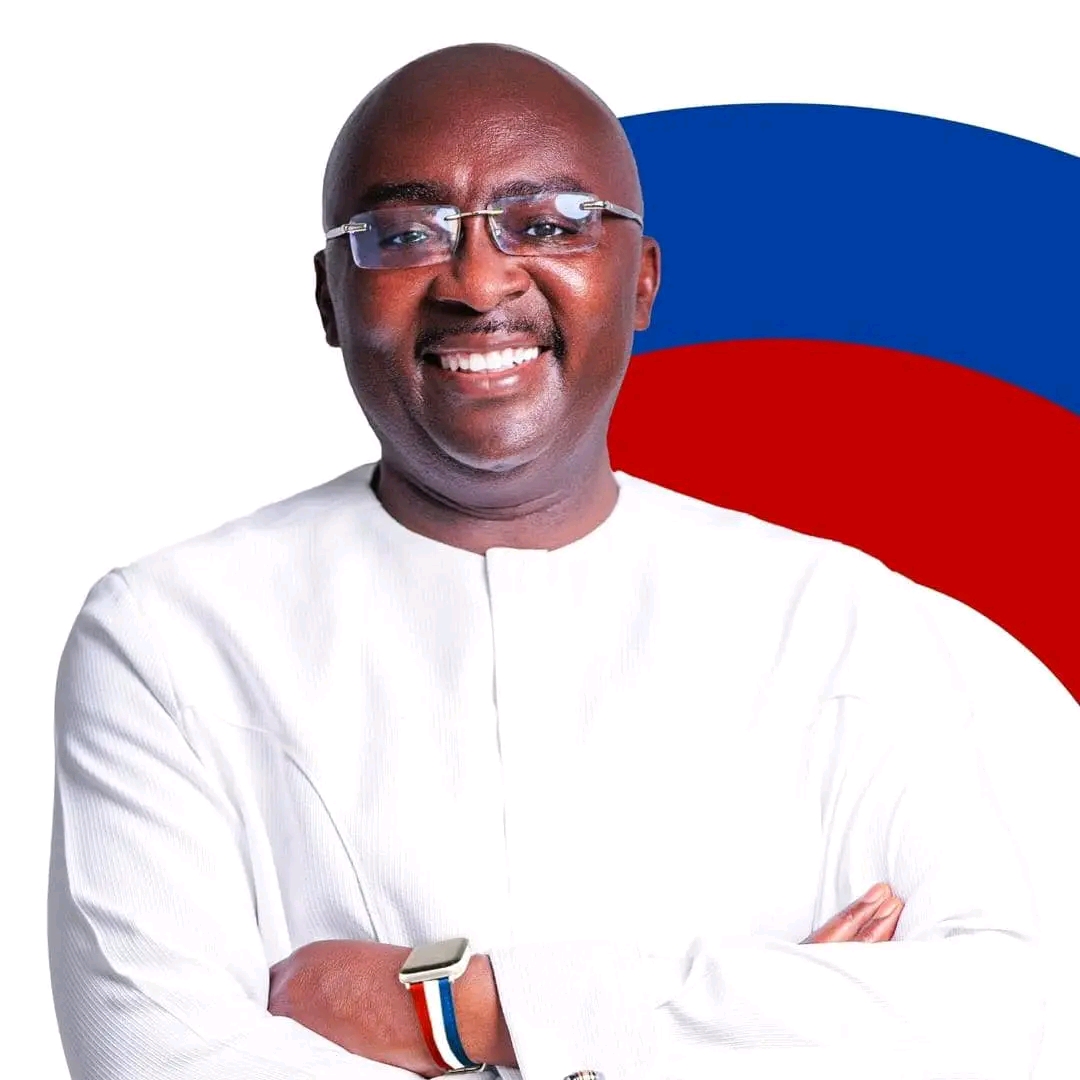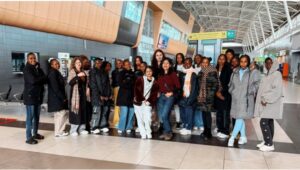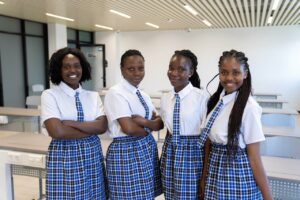
The Savannah Conservation Movement (SACOMO), a new voluntary organization, has launched a youth empowerment programme in the Upper East Region to contribute towards the attainment of the Sustainable Development Goals (SDGs).
The programme dubbed, “Junior Conservation Club (JCC)”, the first of a series of conservation clubs that would cover the Northern and Coastal Savanna Zones of Ghana, was launched at the Pwalugu Basic Schools in the Talensi District.
The objective of the project is to build capacities of young people to understand, appreciate and value the usefulness and benefits of nature, including savanna natural resources (Ecosystems and Biodiversity) to people, communities and the Earth and serve as key stakeholders in the country’s quest to achieve SDGs.
In an interview with the Ghana News Agency (GNA), Dr John Atibila, the Founder of SACOMO, explained that, the JCC operates as an Environmental Movement, similar to Boys Scouts or Girls Guide and said it is meant to develop self-discipline, team-work and community service skills for its members.
He said apart from the academic benefits of learning the practical aspects of the Junior High Schools Integrated Science Syllabus, each club would engage in Sustainable Income Generating Activities (SIGA), which would provide internally generated funds for the school and at the same time provide students with skills to pursue alternative livelihood activities at home.
Dr Atibila, who is also the Research Development Manager, AgriFood Knowledge Exchange Fellow at the University of York, disclosed that SACOMO will work to complement Integrated Science teaching and learning through co-curricular science activities for Junior High School students, in collaboration with the Ghana Education Service (GES).
The Research Development Manager noted that plans were advanced to establish complementary Community Conservation Clubs (CCCs), with the full participation of the chiefs and traditional leaders from the community.
He revealed that initial pilot scheme would start at the Pwalugu-Wulugu Transboundary River Project and with the formation of JCCs across the country, especially the Northern and Coastal Savannah belts.
Dr Augustine Awuni, the Director of SACOMO and International Relations expect in Political Economics, mentioned that his outfit would undertake honey production through beekeeping, and rear rabbits as income generating activities that would help raise income and prevent bushfires.
He stated that practical learning and application of the National Science Curriculum, Field trips to places of significant conservation interest, Celebration of Earth and World Environment Day, Conservation Fun Games and Competitions, Community Volunteering; Leadership Skills Development, Career Development in Nature, conservation, environmental jobs for Club members.
Ms Edna Kurug, a Junior High School two pupil of the Pwalugu Basic School on behalf of the club members expressed her joy for the formation of the club and added that the members would cooperate fully to help preserve the environment.
Source: ghananewsagency.org






